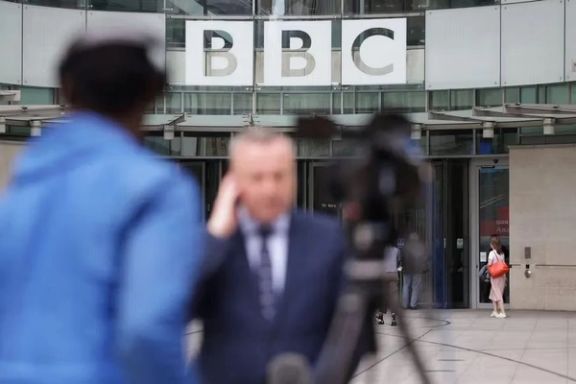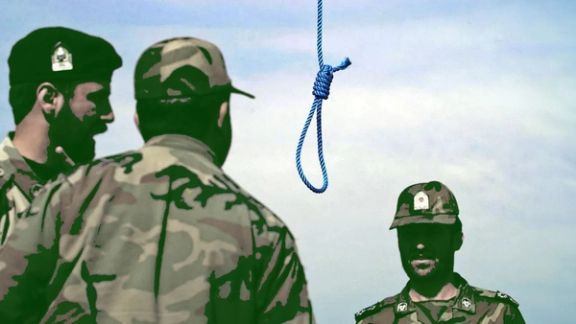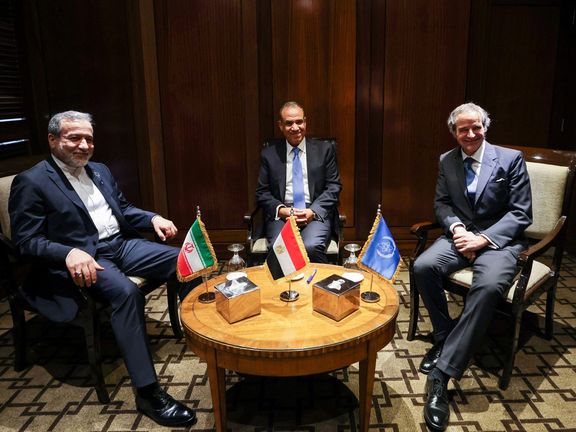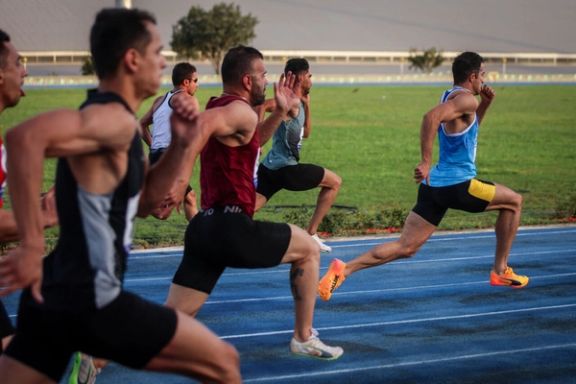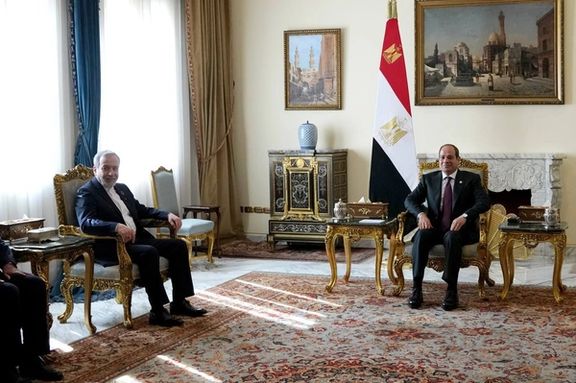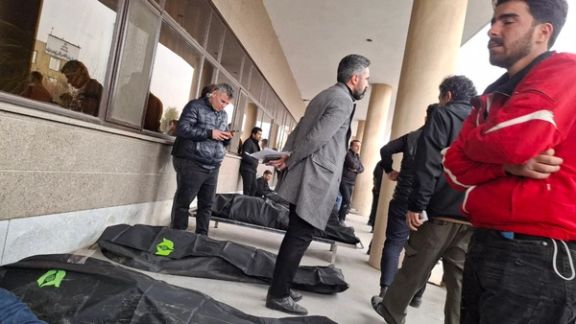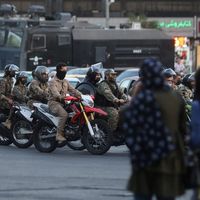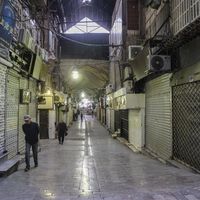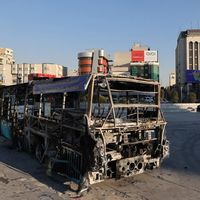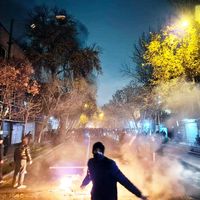Speaking in Cairo after meeting Egyptian Foreign Minister Badr Abdelatty and International Atomic Energy Agency Director General Rafael Grossi, Araghchi said: “If the United States seeks to deprive us of nuclear technology, there will definitely be no agreement.”
He emphasized that uranium enrichment is Iran’s right under international treaties.
“The International Atomic Energy Agency must remain a technical body and not be swayed by political pressure,” he added.
Last week, the IAEA said that Iran operated a covert nuclear program using undeclared material at three sites under investigation.
Araghchi’s comments come amid nuclear talks mediated by Oman.
Also on Monday, Reuters cited an unnamed Iranian diplomat as saying that Tehran is preparing to formally reject a recent US proposal, calling it “one-sided” and “a non-starter.”
The proposal, delivered on Saturday by Oman’s Foreign Minister Badr bin Hamad Al Busaidi fails to address Tehran’s core demands—including recognition of its right to enrich uranium and the immediate lifting of US sanctions, according to Reuters.
“In this proposal, there is no change to the US position on enrichment, and no clarity on sanction relief,” the diplomat said.
He added that Iran’s nuclear negotiation committee, which reports to Supreme Leader Ali Khamenei, has assessed the proposal as incompatible with Iranian interests.
An Iranian official familiar with the matter was also cited by Iranian state-linked media as saying that Tehran does not view the latest US proposal in nuclear talks as a fair basis for agreement.
“The recent US proposal for a new nuclear deal with Iran is unacceptable,” the unnamed source was quoted as saying. “It cannot serve as a fair foundation for any potential compromise.”
Iran has consistently said that its nuclear program is for peaceful purposes. However, Western powers have accused Tehran of seeking nuclear weapons capabilities—allegations Iran denies.
Iran is the only non-nuclear weapon state enriching uranium to 60% U-235. The IAEA has consistently maintained that there is no credible civilian use for uranium enriched to this level, which is a short technical step from weapons-grade 90% fissile material.
Iran's stockpile of 60% enriched uranium had increased to 275 kg, enough to theoretically make about half a dozen weapons if Iran further enriches the uranium.
Two Iranian officials told Reuters last week that Iran might consider pausing enrichment if the US unfreezes Iranian assets and acknowledges Iran’s civilian enrichment rights as part of a broader political understanding.
Last month, Khamenei said there will be no concessions on enrichment. "Saying things like 'we won’t allow Iran to enrich uranium' is way out of line. No one is waiting for anyone’s permission," he said. "The Islamic Republic has its own policy, its own approach, and it will continue to pursue it."

